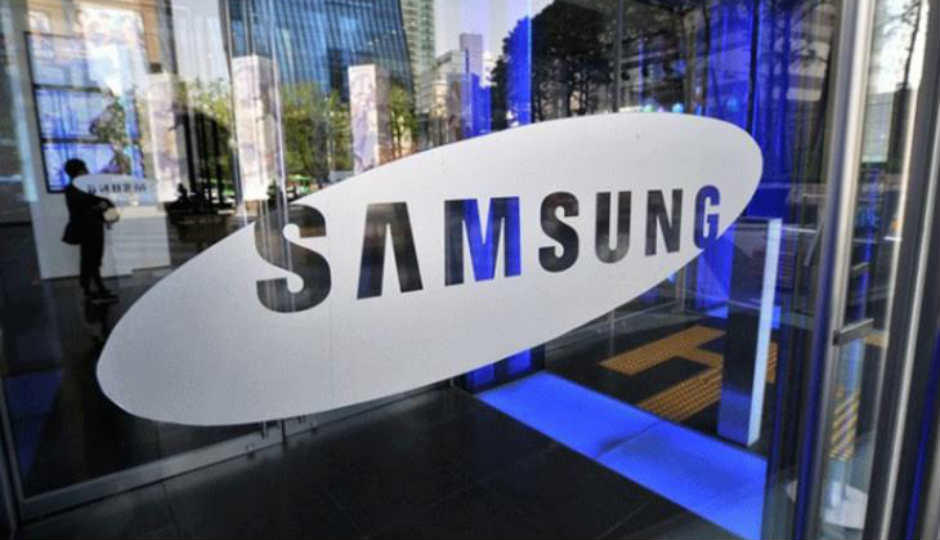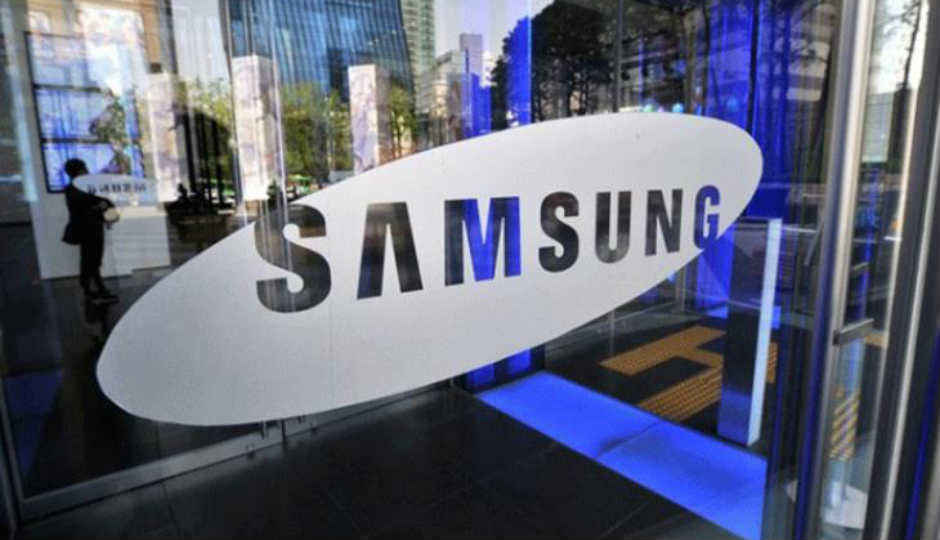

A new report by South Korea’s Electronic Times suggests that the Samsung Galaxy S7 will feature the Qualcomm’s Snapdragon 820 SoC. Documents leaked earlier had also suggested that Samsung is testing the Snapdragon 820 on its next flagship smartphone. None of the reports have been confirmed by Samsung officially though.
A Reuters report based on the article, said that the Galaxy S7 will be shipped with the Snapdragon 820 SoC in the US and Chinese markets. The devices sold elsewhere will feature Samsung’s own Exynos chipset. The Galaxy S7 is expected to be launched early next year. Rumours are also floating that Samsung might launch its flagship earlier than usual. Samsung had dropped the Snapdragon 810 in favour of an Exynos 7420 chipset for the Galaxy S6, but, the company did not rule out using Qualcomm chips in future devices.
Earlier, a leaked document surfaced, allegedly showing that the next Samsung flagship is codenamed ‘Jungfrau’. The model name MSM8996, which relates to the Snapdragon 820, was listed under the Upgrade Plan section of the document. The latest report corroborates the leak indicating that the Galaxy S7 might indeed come with a Snapdragon 820 variant. The device will also likely run Android v6.0 Marshmallow out of the box. GforGames had also suggested that the Galaxy S7 will feature a microSD card slot and a non-removable battery. Samsung is expected to carry forward the edge-to-edge display of the S6 over to its successor.
Samsung has traditionally used Snapdragon chipsets as well as Exynos SoCs for its smartphones. However, the heating issues of the Snapdragon 810 caused Samsung to use the Exynos 7420 in all the Galaxy S6 variants. Qualcomm will be looking to bounce back from the debacle by releasing the Snapdragon 820 SoC. Qualcomm President Frank Meng had revealed that more than 30 smartphone models from various manufacturers are currently being tested with the Snapdragon 820 chipset.
It will have four Kryo cores working in tandem with a Hexagon 680 DSP. With the Snapdragon 820, Qualcomm has focused on optimising the power usage. Recently leaked benchmark results of the processor indicate that it beat all the current chipsets in multi-core performance. In single-core performance, it lagged only behind the Apple’s A9 processor.
[“Source- digit”]

